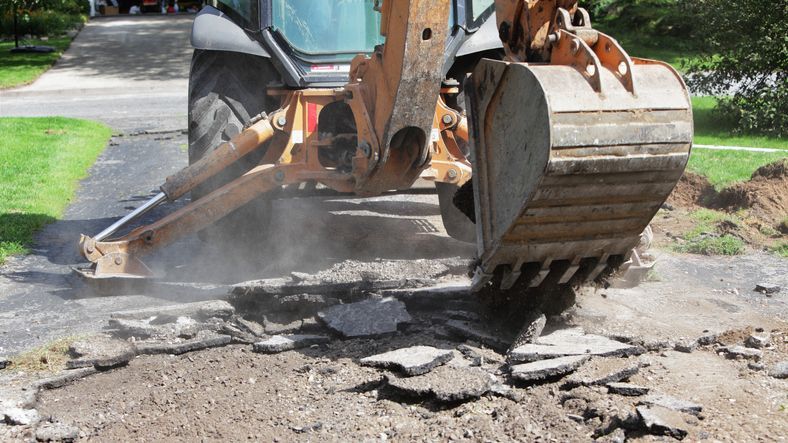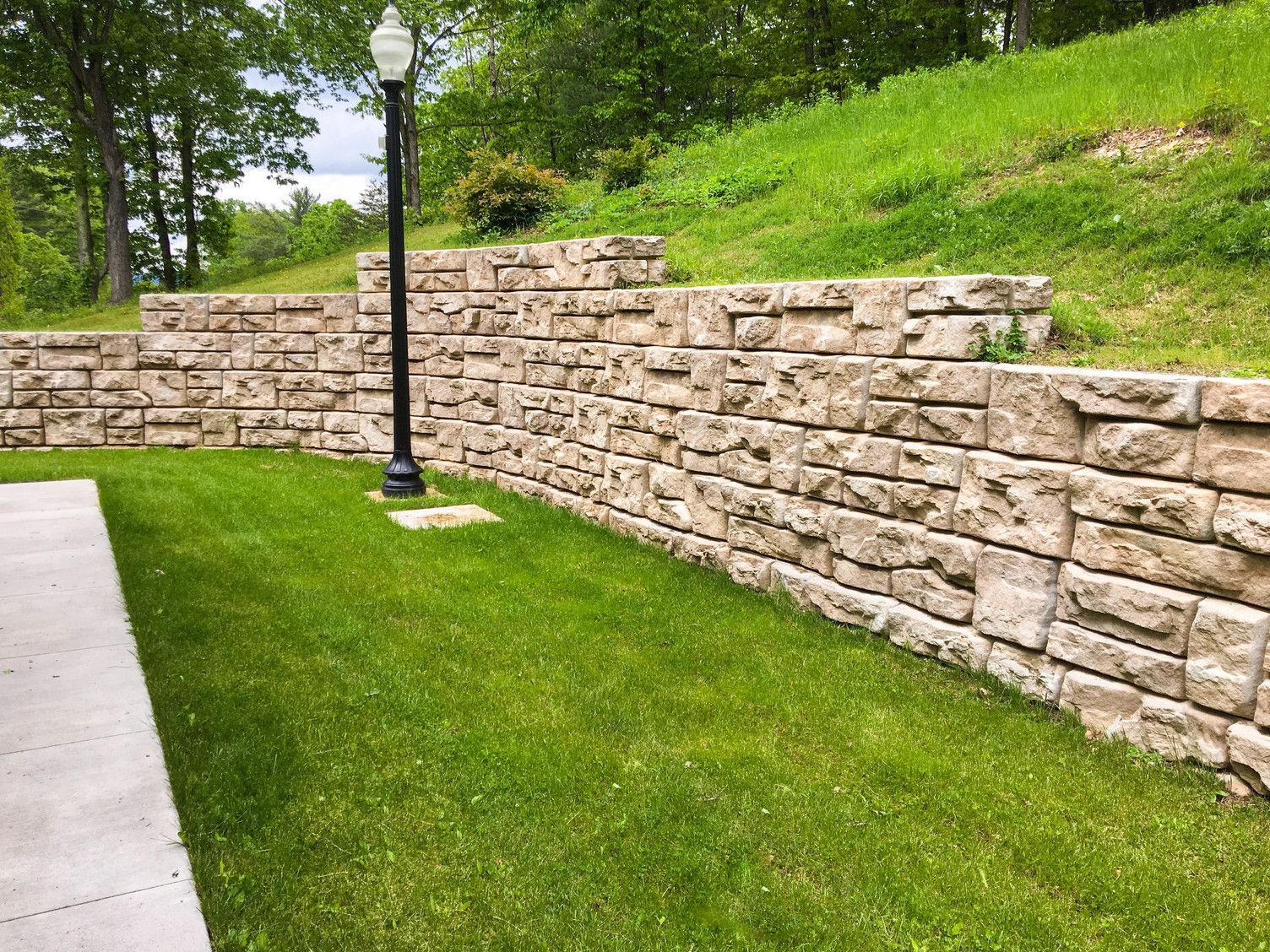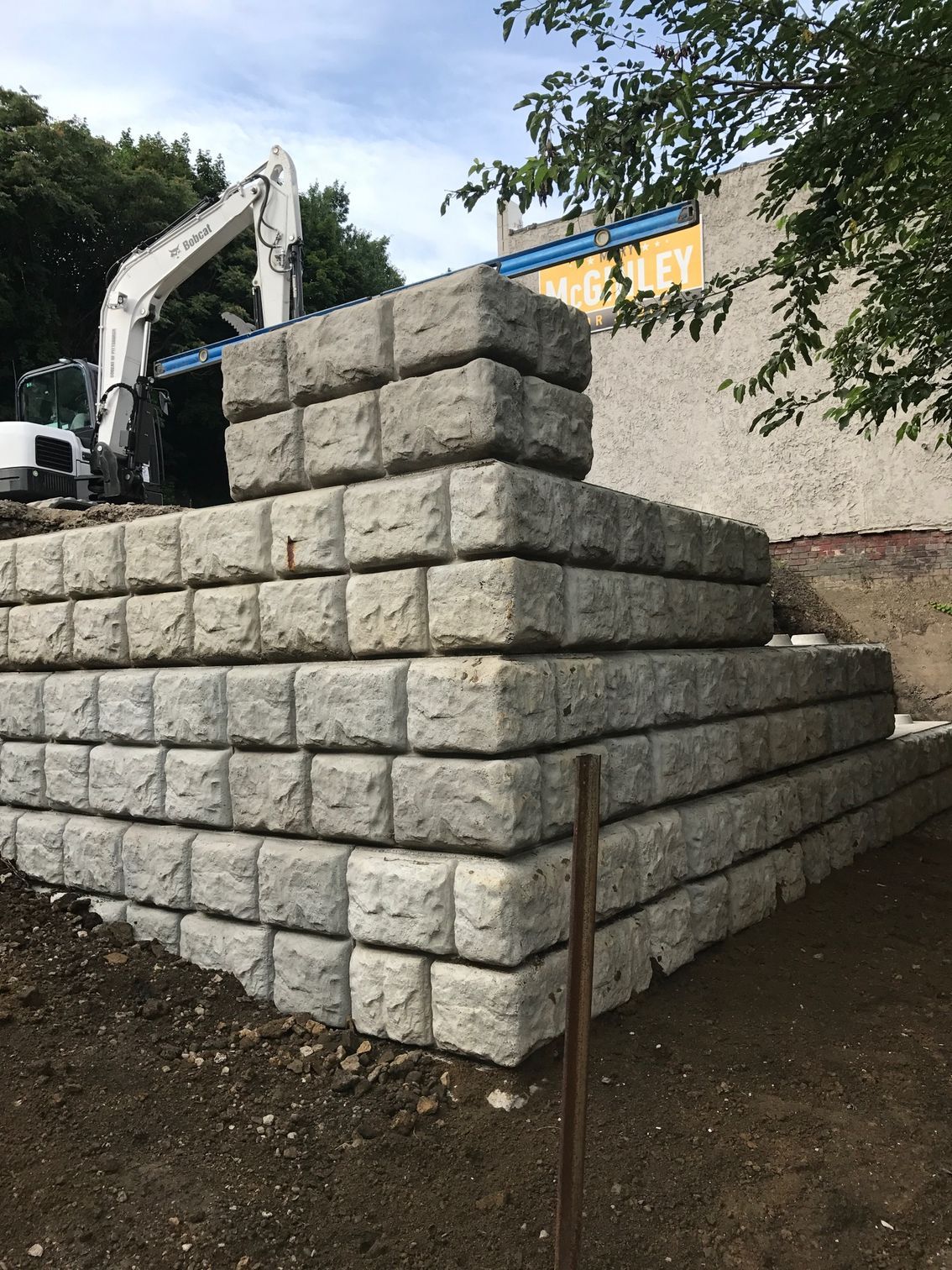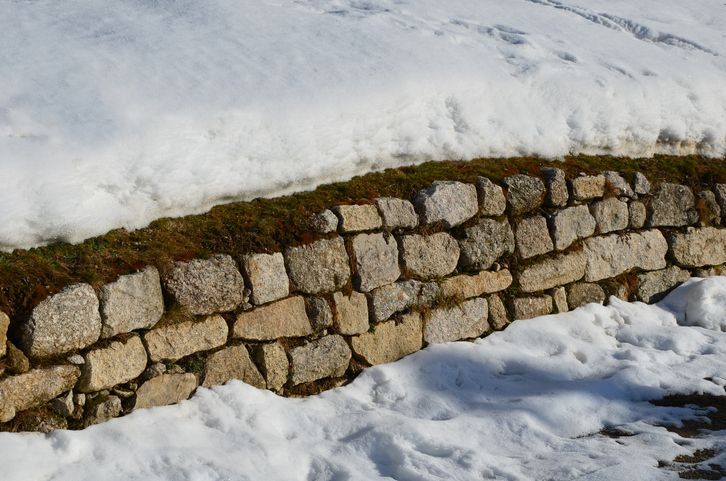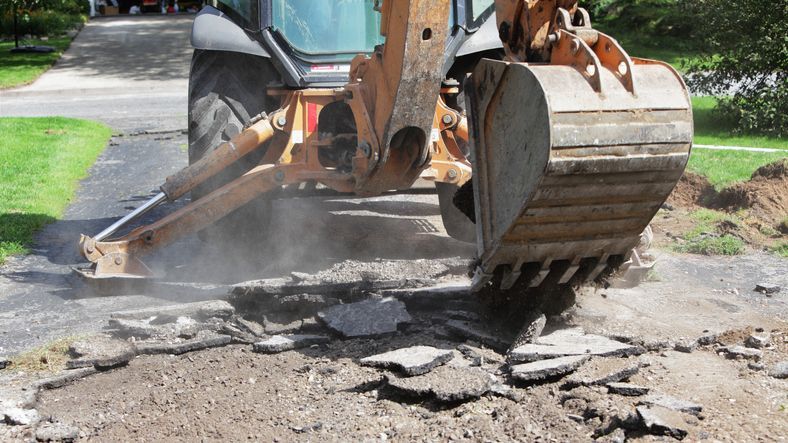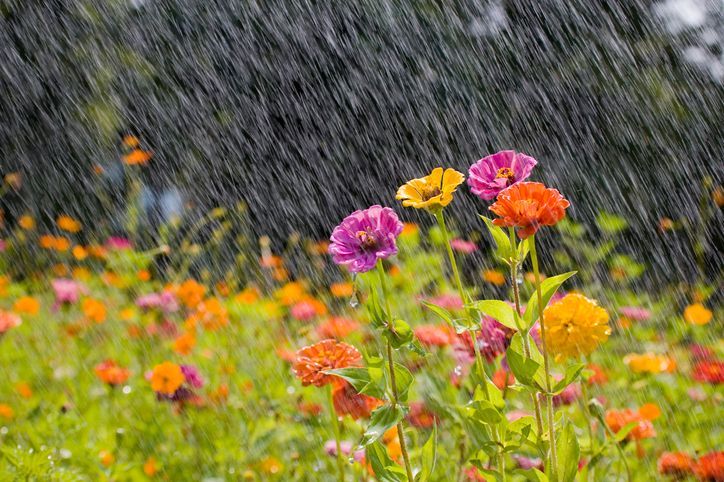How to Help Your Plants in Hot Weather
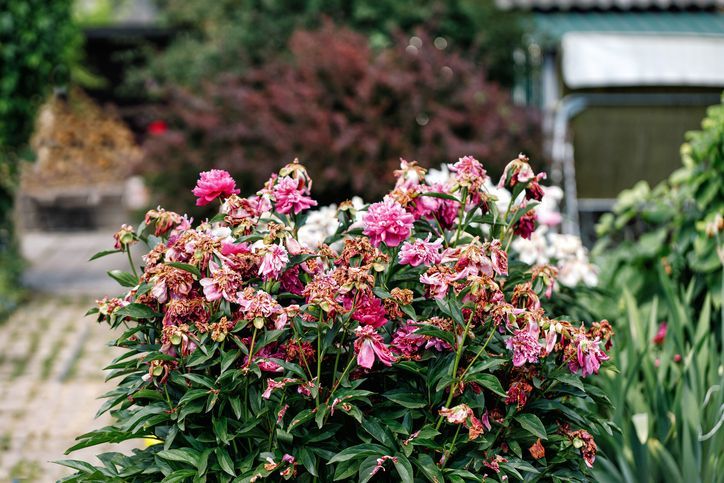
Maintaining lush, green plants during the scorching summer months can be a significant challenge for homeowners and gardening enthusiasts alike. Hot weather can stress plants, leading to wilting, sunburn, and even death if not properly managed. However, with the right strategies, you can keep your garden thriving all summer long. This guide will provide you with practical tips and expert insights on how to help your plants withstand the heat.
Selecting and Planting Heat-Resistant Varieties
Choosing heat-resistant varieties is one of the most effective ways to ensure your plants survive hot weather. These plants are naturally adapted to withstand higher temperatures and require less water. When planning your garden, consider incorporating the following heat-tolerant plants:
Succulents: These heat resistant plants store water in their leaves, making them perfect for hot climates.
Lavender: Known for its fragrant flowers, lavender thrives in full sun and dry conditions.
Marigolds: These bright flowers are not only heat-resistant but also deter pests from your garden.
When planting these varieties, follow proper planting guidelines. Plant them in well-drained soil and provide enough space for air circulation to prevent fungal diseases.
Watering Practices and Timing
Proper watering timing and technique is crucial for plant health, especially during hot weather. Here are some guidelines to help you optimize your watering practices:
Water Early in the Morning: Watering your plants in the early morning allows the soil to absorb moisture before the heat of the day causes evaporation. This will ensure that your plants have a steady supply of water throughout the day.
Deep Watering: Instead of frequent shallow watering, try deep watering. This encourages the roots to grow deeper into the soil, enhancing their ability to access moisture during dry spells.
Check Soil Moisture: Regularly check the moisture level of your soil. Stick your finger roughly an inch into the soil; it's time to water if it feels dry.
Signs Your Plant Need Water:
- Wilting or drooping leaves
- Yellowing or browning edges
- Dry, crumbly soil
Recognizing these signs early can help you address water stress before it causes irreversible damage.
Protecting Plants from Extreme Heat and Sun
The intense summer sun can scorch your plants, causing sunburn and heat stress. Here are some strategies to protect your plants from extreme heat:
Provide Shade: Use shade cloths, umbrellas, or even strategically placed taller plants to provide shade to vulnerable plants during the hottest part of the day.
Move Potted Plants: If possible, move potted plants to a shaded area during peak heat hours.
Soil Management for Hot Conditions
Healthy soil is the foundation of a beautiful, thriving garden, especially in hot weather. Here are some soil management tips to support your plants:
Improve Soil Structure: Add in organic matter, like compost or well-rotted manure, to help improve soil structure and water retention.
Use Soil Amendments: Incorporate soil amendments like perlite or vermiculite to enhance drainage and prevent soil compaction.
Mulch: Apply a layer of mulch around each of your plants to retain moisture and regulate soil temperature (more on this below).
The Important Role of Mulching
Mulching is a effective tool in the fight against heat stress. It offers several benefits, including moisture retention, temperature regulation, and weed suppression. Here's how to effectively use mulch:
Choose the Right Mulch: Organic mulches like straw, wood chips, or shredded bark are great choices. They decompose over time, adding nutrients to the soil.
Apply Correctly: Spread a 2-3 inch layer of mulch around your plants, keeping it a few inches away from stems to prevent rot.
Replenish as Needed: Mulch breaks down over time, so be sure to replenish it as necessary to maintain its benefits.
What to Avoid When Caring for Plants in the Summer
While knowing what you should be doing is critical for proper plant care in the summer, it's also important to know what type of care to avoid. For healthy plants all summer long, avoid the following:
Overwatering: Although essential, overwatering can suffocate roots and promote fungal growth.
Fertilizing: Avoid fertilizing during periods of extreme heat, as this can cause damage to plants.
Pruning During Heat Waves: Pruning encourages new growth, which can be stressful for plants during hot weather. If possible, save major pruning for cooler months.
Monitoring for Stress Symptoms
Keep an eye out for signs of stress in your plants, such as:
- Wilting or curling leaves
- Discoloration
- Stunted growth
Early detection allows for prompt intervention, helping your plants recover more quickly. If you notice these signs, you should adjust your watering schedule or provide shade for the affected plants.
How do I Know if a Plant is Dead and Needs to be Removed?
If, despite your best efforts, a plant does not survive the hot weather and shows no signs of recovery, it may be time to remove it from your garden. Here are some signs that a plant is dead:
- No new growth or leaves appearing for an extended period
- Leaves easily fall off or crumble when touched
- Stems are brittle and break easily
Work with J Bird's Landscaping for a Stunning Summer Landscape!
Hot weather doesn't have to spell disaster for your garden. By selecting heat-resistant plants, practicing proper watering techniques, providing shade, managing your soil, using mulch, and maintaining regular care, you can help your plants thrive even in the hottest conditions.
At J Bird's Landscaping LLC, we understand the challenges of maintaining a beautiful garden. Our expert lawn care services are designed to keep your South Hills landscape healthy and vibrant, no matter the weather. Contact us today to learn how we can help you create your dream landscape.

Author: Jay Nagy
Owner & Founded of J Bird's Landscaping. 18+ Years of experience in Pittsburgh lawn cutting, patio installation, trucking/hauling, French drain installation, and other landscape/design services.
More Posts from J Bird's Landscaping
Contact
Canonsburg – Mt Lebenon – Upper St. Clair – Greentree – Bridgeville – Pittsburgh – Wexford – Sewickley – Moon – Coraopolis – Franklin Park – Schaler – Imperial – Oakdale – McMurry
Washington – Baldwin – Jefferson Hills – Pleasant Hills - South Hills

